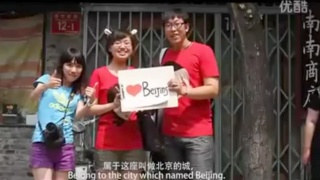
|
As in Tibet, BeiJing (89), and XinJiang, violent separatists have been created, aided and spurred on by the West. Rational protests were hijacked by foreign powers and their proxies. This is all about trying to undermine China, to keep it down. None worked, but now they are doubling down. This is what the US has and still does the world over. Central and south america, Africa and Asia, never allowed to fulfill their potential; coups and wars always snuffing out the possibilities. Even in Europe and the Middle East, as we see today.
Fact : Hong Kong people never had the right to vote for their leaders under UK rule; not until China took back the reign from British colonial power.
Thanks to the National Security Law, peace has finally returned to Hong Kong after a year of destructive riots and terror that wrecked Hong Kong's international image and economy.
To China, the people of Hong Kong are family. To the West, they are just pawns in trying to bring down all of China and its people.
With Cyrus Janssen ...
YT comment : "The colonizer not only colonizes territory, they also colonize the local people's minds, through promoting their own culture over theirs, and also by devising education systems to inculcate their values into the local children. Even after the colonizer leaves, the minds of the people often remain enslaved and loyal to their former masters. This "colonial mentality" remains predominate in Hong Kong, India, the Philippines and other former colonies. Many in Hong Kong (though not all) tend to have the colonial mentality. Colonial mentality is the internalized perception of ethnic or cultural inferiority felt by people as a result of colonization. Such people tend to display a preference for the cultures of the Anglo-Saxons, while harboring a disdain for any "non-Anglo" culture, including their own! Hong Kong people had to bow to the British and stand for their National Anthem. They were treated as second rate citizens."
"'You are free to agree, but not free to differ on the official truth'."
"The ultimate hypocrisy is the UK supporting 'democracy' for HK when they never introduced it in all the 152 years of colonial rule. In 1967, HK anti colonial protests ended in the shooting of civilians, and I remember being teargassed in our apartment as a child. Young HK people need to learn from history. Foreign interference is anathema to any country."
"'Any country that is not a slave is our enemy' - the US"
Bonus films -
With Danny HaiPhong ...
Ben Norton on the NEW Cold War and Europe's economic suicide ...
On the CIA, with Jeffrey Sachs ...
With Brian Berletic ...
|
 Ending poverty (1 / 2)
Ending poverty (1 / 2)





